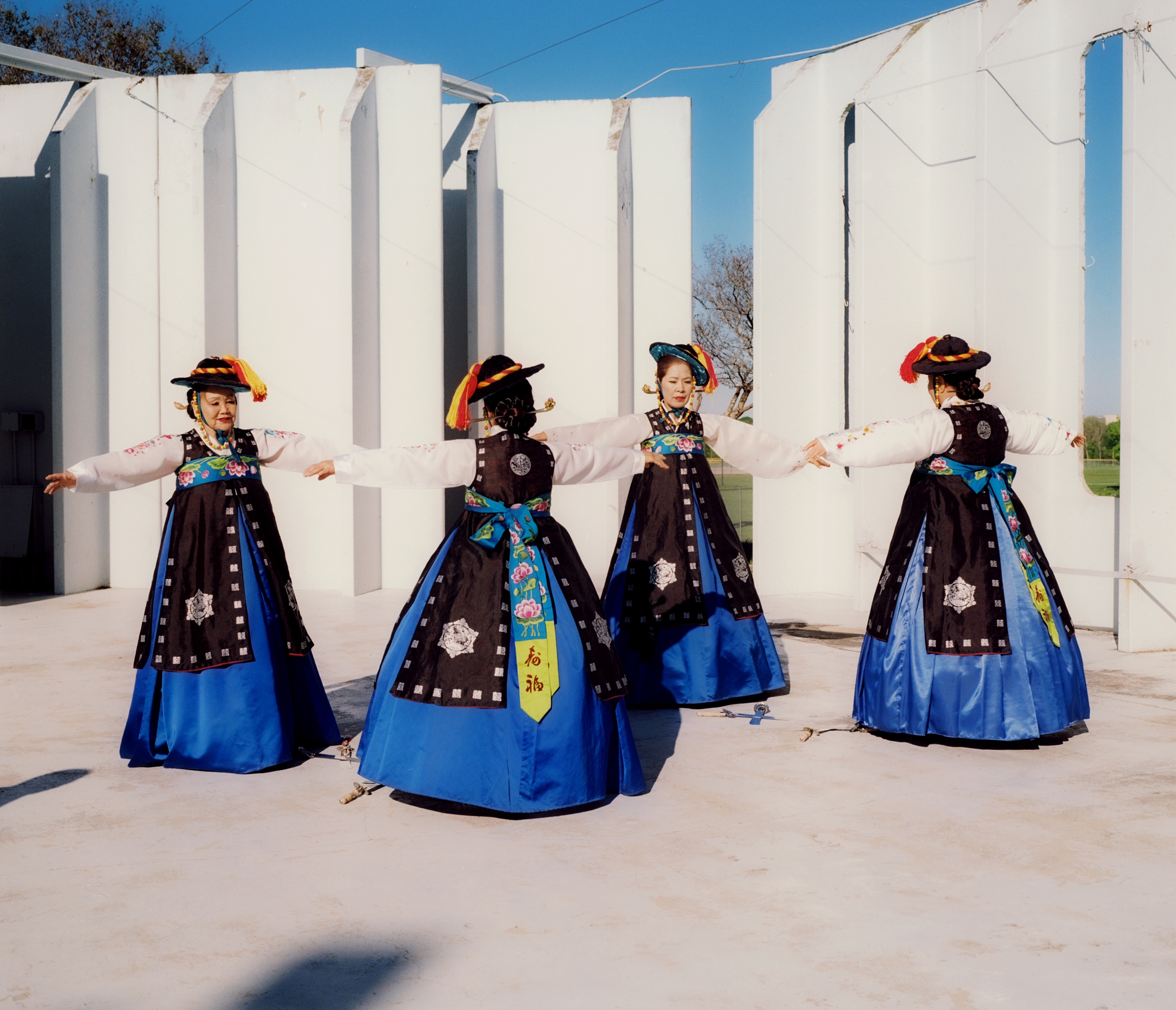© Mary Kang
Google and Aperture’s annual prize shines a light on emerging photographers from across the US
In 2021 the Creator Labs Photo Fund launched, providing grants to thirty artists each year, in recognition of new work created over the past three years. Run by Google and Aperture, the initiative seeks to provide for those with access barriers to financial support, or those from communities historically underrepresented in the photographic industry, encouraging lens-based artists early on in their careers.
This year the winners explore family archives, the impact of capitalism and colonialism, immigration and assimilation, self-love and recognition, familial and cultural connections, identity and heritage, and shifting ecosystems and landscapes. The diverse bodies of work represent a shift in the ecosystem of photography, and draw our attention to a new generation of photographic talents.
The selection process is approached democratically, with free submissions for artists from the US. Each of the thirty winners is awarded $6000 and a feature on Aperture’s website as well as its social media channels. We spoke to three of this year’s awardees about their projects, asking how they hope the fund will help them grow, and what they’re working on next.
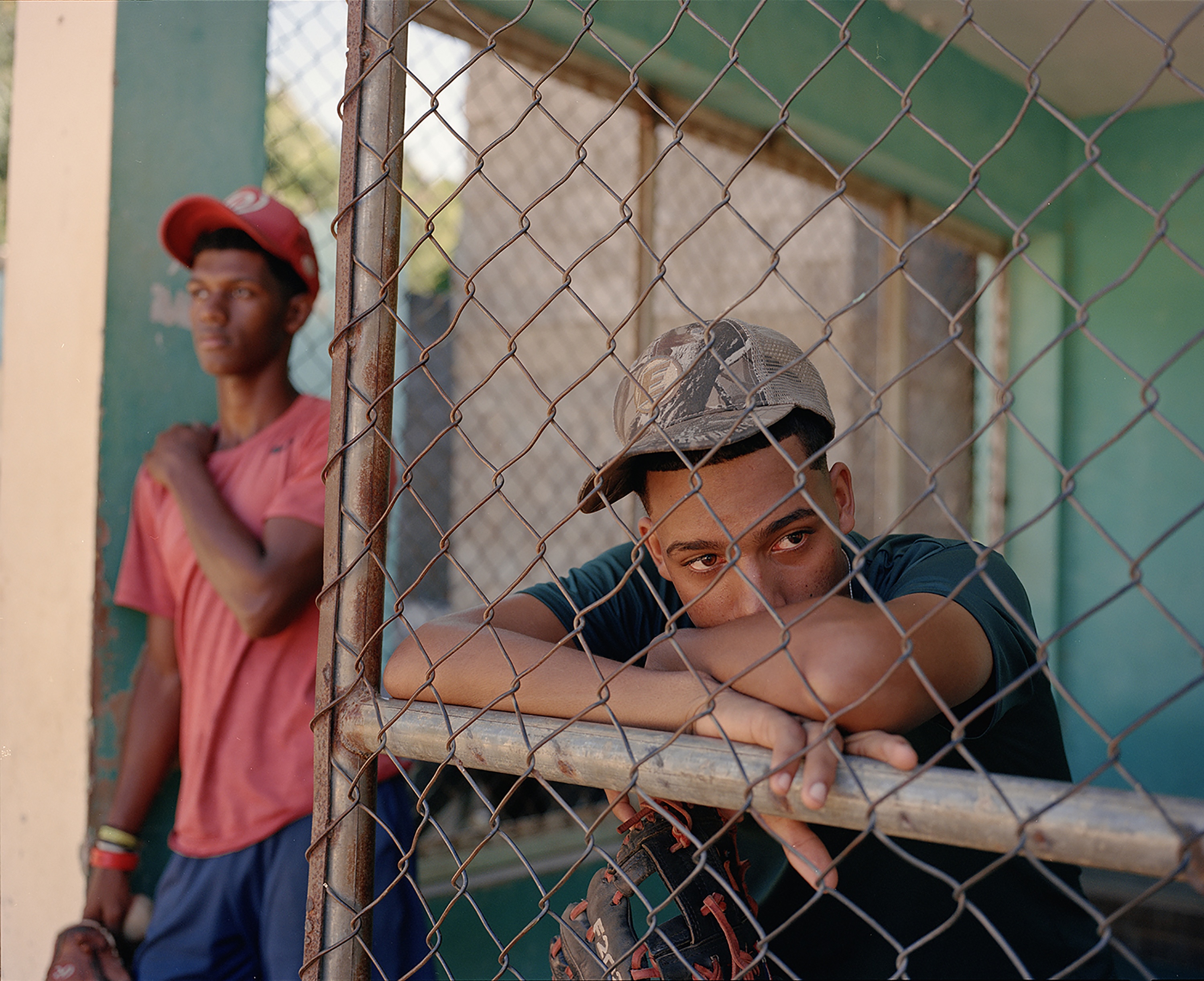
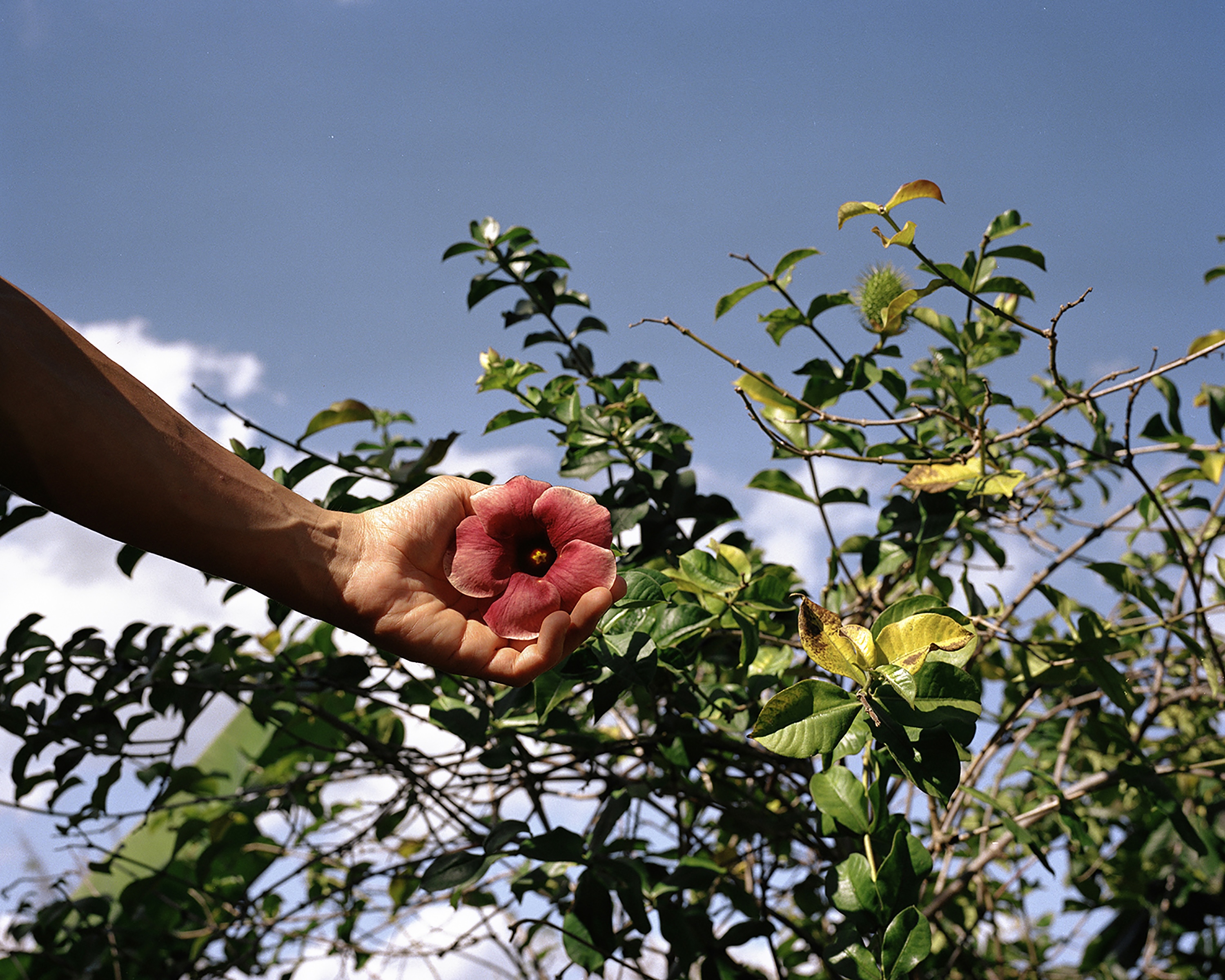
“The lack of political outrage for women’s rights and my awakening to the camouflaged normalisation of the patriarchal structure have inspired much of my artistic practice”
Dalia Al-Dujaili: Tell me about the motivation for your project, what led you to creating the series?
Chris Perez: I’ve been affected by a curiosity about my roots for much of my life, long before I found photography. I was always intrigued about the fact that my father was born in a place that I knew virtually nothing about; it was as if there was a dimension to his life, and therefore my roots, that was a complete mystery to me. Even after I found photography, I had no inclination that it would become a tool for me to pursue this curiosity I had about the Dominican Republic and my connection to it.
Once I travelled to the island it was suddenly clear to me that I had an opportunity to learn something about the place where my family originates from, and about myself. Since that first trip it has been a slow process of returning to the Dominican Republic a couple of times a year, connecting with distant family, listening to stories about the old days, and photographing a place that’s both part of my history and completely foreign to me.
Mary Kang: I have long wanted to work on a story about Korean elders who came to the US as military wives after the Korean War. They played a significant role in the growth of the Korean American population and helped lay the groundwork for vibrant Korean American communities. Their contributions are not widely recognised, and I want to honour and acknowledge their hard work.
In Killeen, Texas – a significant hub for Korean immigrants – I document a group of military wives practising Korean traditional dances. Through ongoing interviews and documentation, I aim to document their personal narratives and create a portrait series that contextualises their stories. This photo project seeks to honour these women not through societal stereotypes but through their profound personal experiences intertwined with history, highlighting their passion and resilience in preserving cultural heritage through dance.
Spandita Malik: As a woman growing up in India and moving to New Delhi at an impressionable age just one year after the major gang rape case ‘Nirbhaya,’ the political climate surrounding it and my personal experiences made me acutely aware of the injustice and inequality, along with the pervasive rape culture in Indian society. The lack of political outrage for women’s rights and my awakening to the camouflaged, deep-rooted normalisation of the existing patriarchal structure have inspired much of my artistic practice.
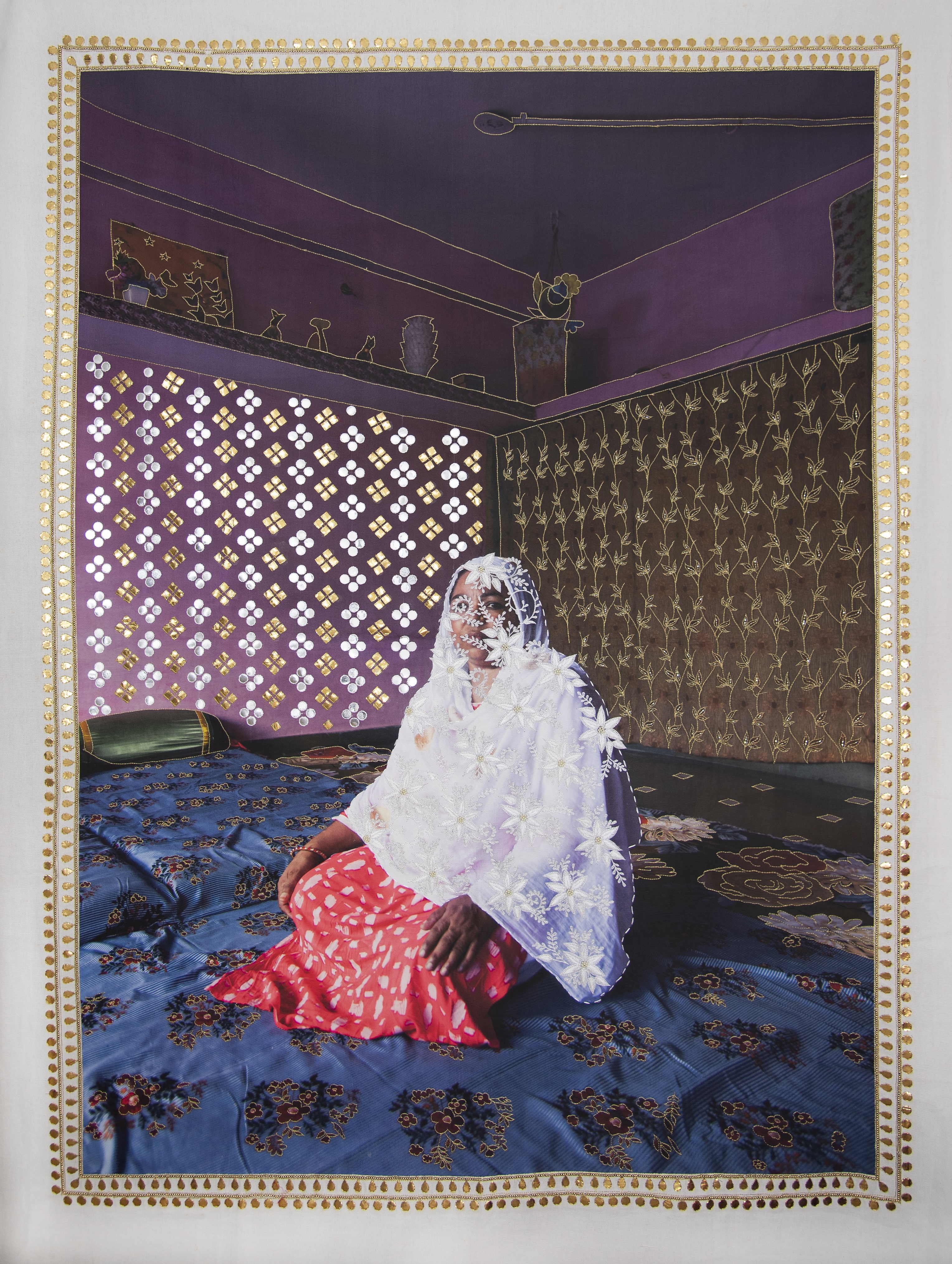
DA: What does being one of the winners of the 2024 Creator Labs Photo Fund mean for you as a photographer? What do you hope to do with the prize money?
CP: It has been hugely humbling and motivating. A lot of times these submissions just feel like practice in writing and describing the work. With so much great work out there the chance of being selected feels so slim. The whole thing feels like a push from the photography community to keep going, and I think it’s crucial to get a push like that once in a while. The money will be an invaluable help in easing the financial tension a bit and allowing me the time to take another trip.
MK: It’s my first time receiving funding to continue working on a personal photo story – one that I truly care about. I wanted to start this project seven years ago but struggled to find access until earlier this year. I hope to interview more elders who came to the US as military wives after the Korean War and share their stories, as long as they are open to collaborating.
SM: Being one of the winners of the 2024 Creator Labs Photo Fund is a tremendous honour and a significant milestone for me as a photographer. It presents an opportunity to showcase my work to a wider audience. I plan to use the prize money to continue developing and expanding my project ‘Jāḷī.’
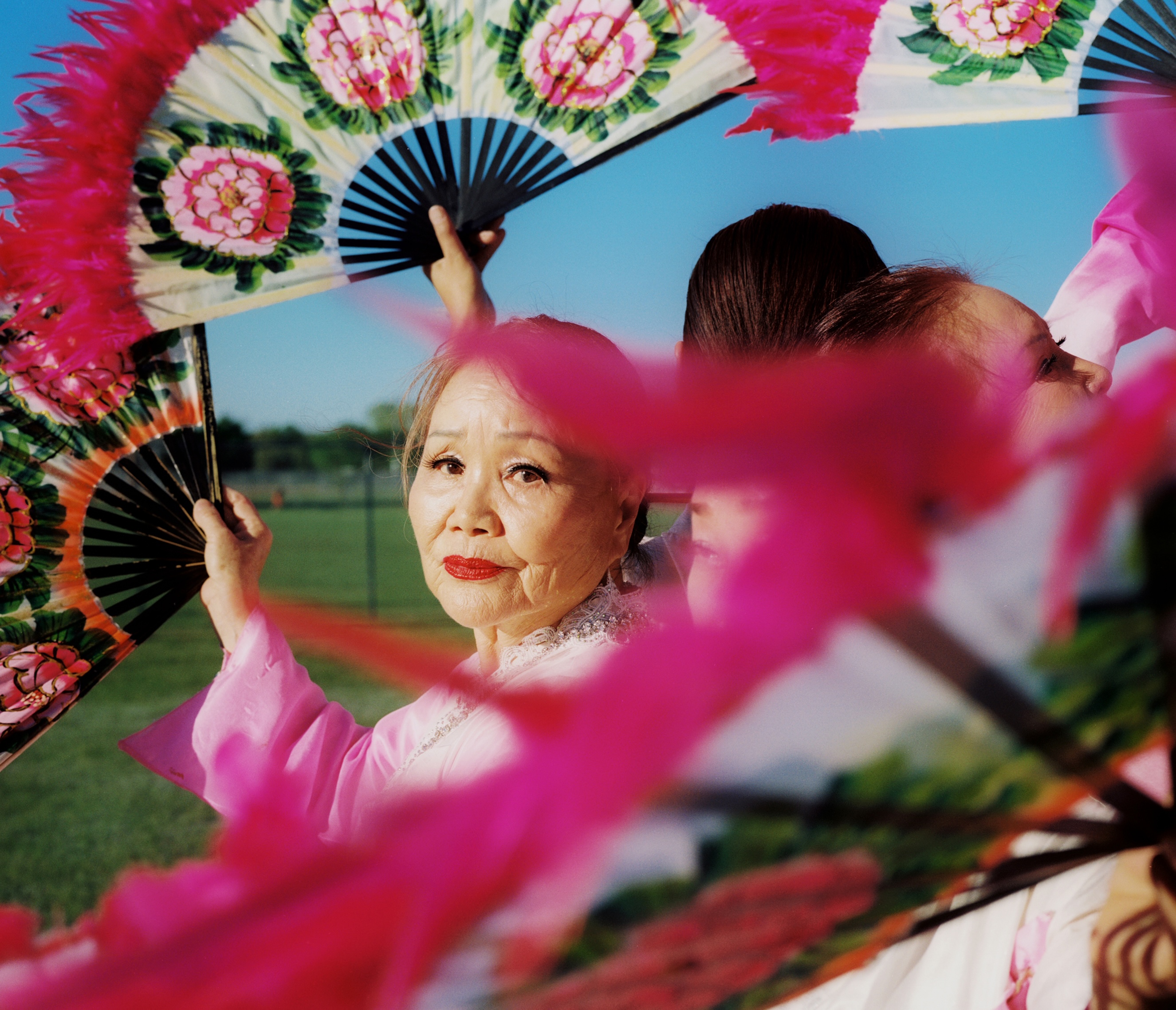
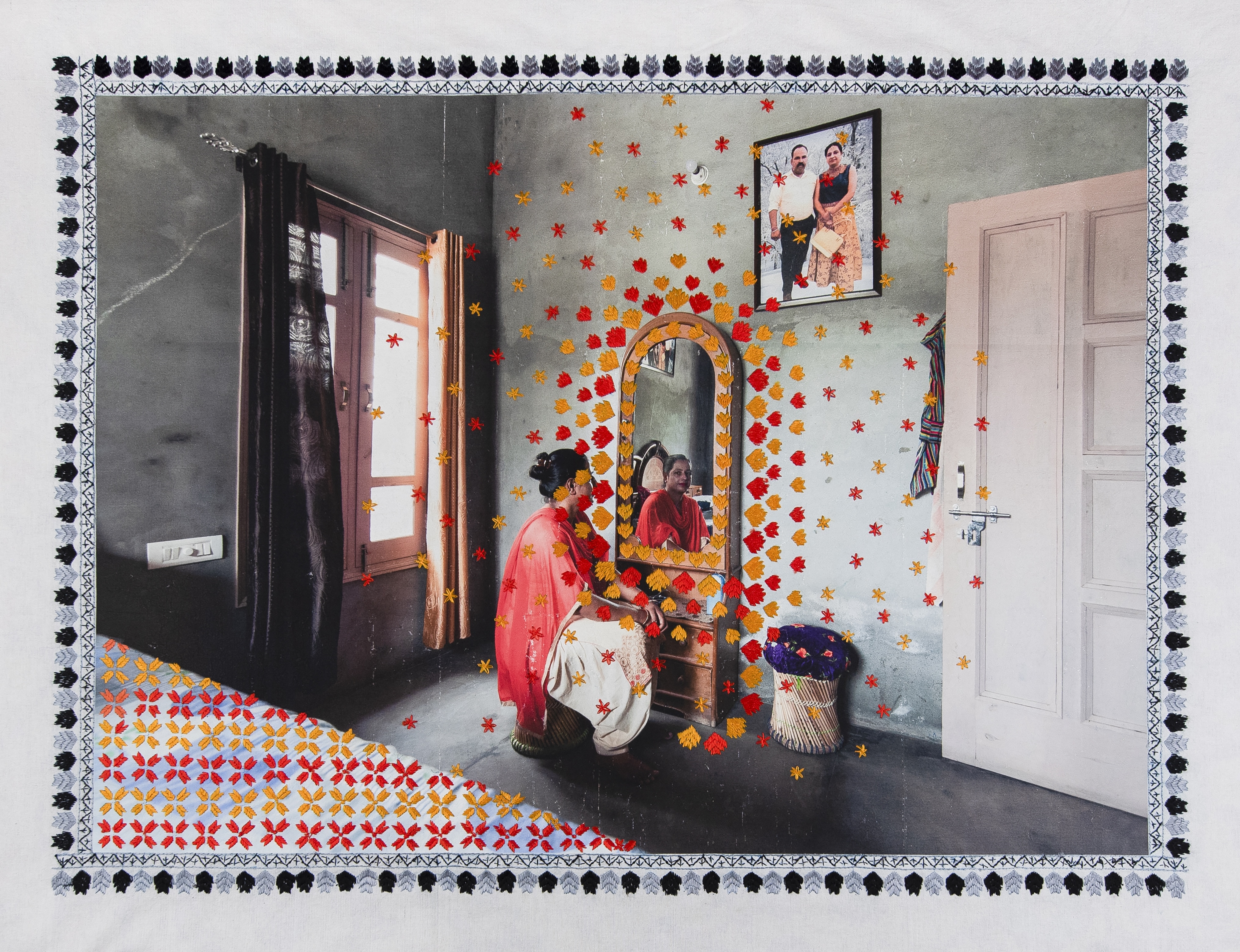
DA: Could you highlight one other winning project you admire and why?
CP: I really admire the work that Dom Marker is doing in Ukraine. With all the conflict imagery we have been surrounded with this year, it is refreshing to see someone sink their teeth into the reality and humanity of a place affected by conflict and show what things look like behind the shocking images shown in the mass media. I spoke to Dom recently this year and we connected on the fact that both of our bodies of work are motivated by curiosity about our roots and the feeling of being torn between two places.
MK: I admire all of the winning projects and am honoured to be included among such remarkable work. If I have to highlight one, Mateo Ruiz González’s photo project Humble stands out to me. González’s quotes – “It’s important to tell the stories of the people that build community” and “I think there’s no better way to photograph than to first make the person in front of the camera understand that there will not be a photograph without their stories”, deeply resonate with me.
SM: One project I deeply admire is Shravya Kag’s series, వెళ్ళొస్తా (“I will go and come back”). There’s a poetic grace in the way she navigates the space between her present self in Brooklyn and the memories of her hometown in Vijayawada. Her work resonates with me on a personal level, as she captures the quiet tension of bridging tradition and transformation through photography. Each image feels like a tender negotiation, where her evolving genderqueer identity meets the rituals of her past, creating a visual language of compassion and introspection.
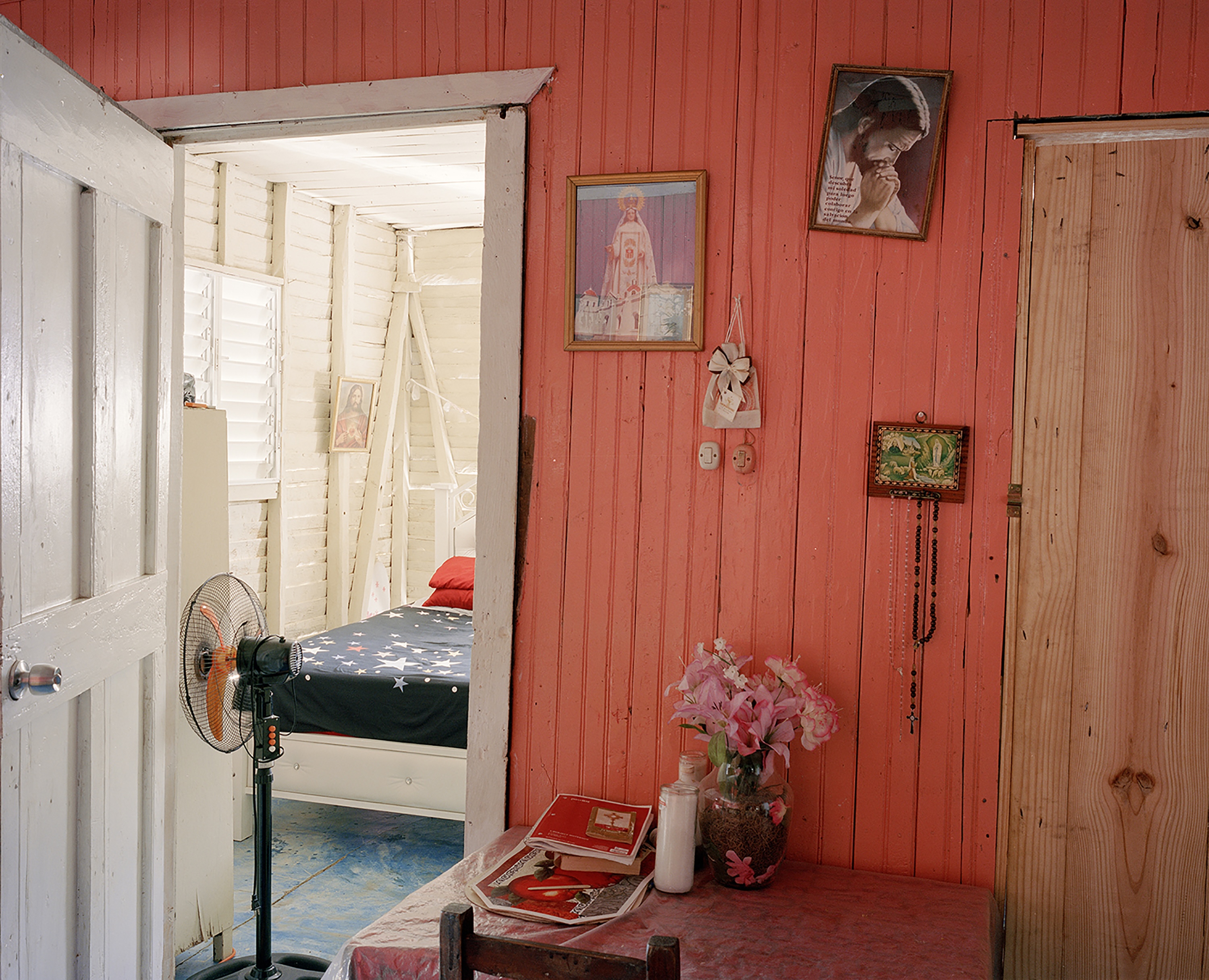
DA: What are you looking forward to in the future? Are you starting a new project, extending an existing one, branching out of photography etc?
CP: I have to do my best to stay present and let my journey continue to develop organically. I am invested in making this body of work currently and I look forward to continuing seeing where it goes. I imagine this series existing as a book someday but I feel that there is still more work to do before that time comes.
MK: I’m excited to continue working on this story and anticipate spending at least another year on it.
SM: I am currently working on expanding the project Jāḷī to the villages of Chamba, Himachal Pradesh, and Kashmir. I have been collaborating with nonprofits in these regions that support domestic abuse survivors, learning embroideries such as chamba rumal and kashidakari, respectively. In the future, I’m excited to push the boundaries of my work even further by deepening the integration of photography with textile and craft.
Experimenting with sun-printing photographs on fabric has opened up new possibilities, and I look forward to continuing this exploration. For me, photography alone has never fully captured the essence of my vision, and it is through the fusion of tactile craft with imagery that I find a true sense of completion. I’m eager to see where this creative interplay leads and how it will shape my practice moving forward.
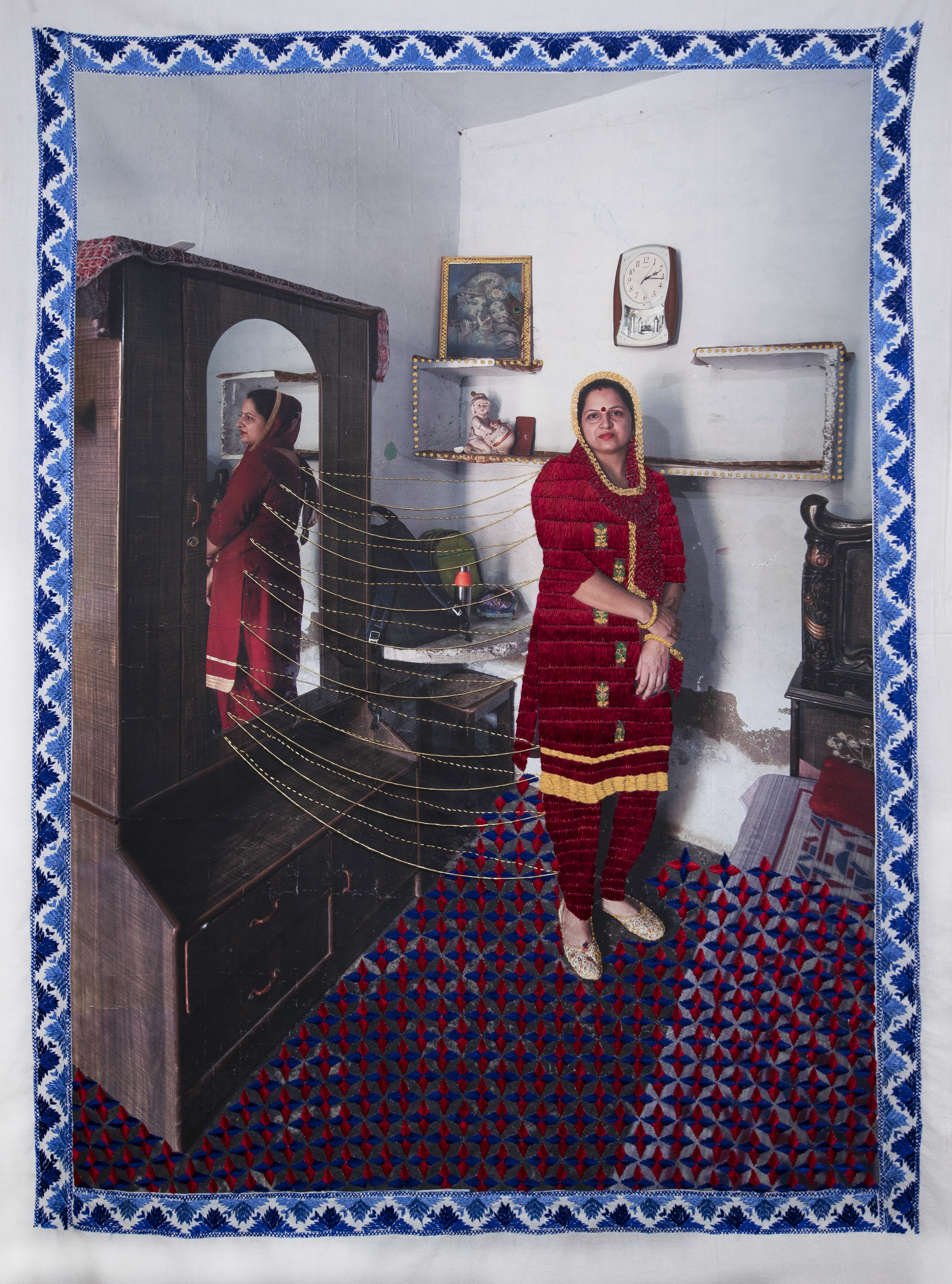
@mary.kang @spanditamalik @thechrisperez

